Learn about brain health and nootropics to boost brain function
8 Supplements and Vitamins for Memory—What Works and What Doesn’t
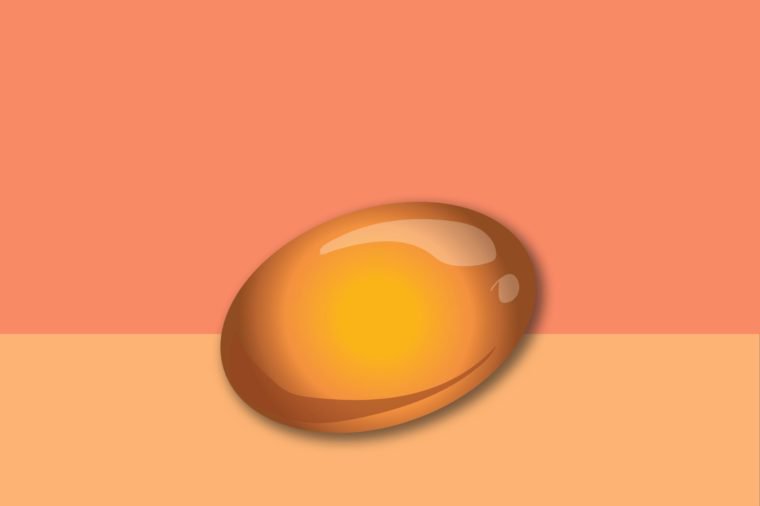
Should you be taking vitamin B12 to keep your mind sharp? What about ginseng? Learn the truth behind memory supplements and which ones are worth the money.
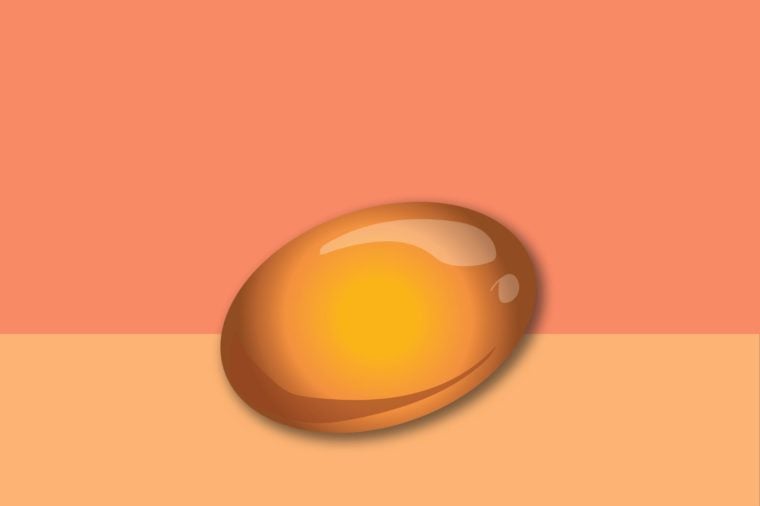
Omega-3 fatty acids
The omega-3 fatty acids in fish oil have shown promising brain-building effects. Some studies have suggested that older people who consume higher amounts of omega-3 fatty acids have better memory. The thing is, the benefits haven’t held up in large, controlled experiments, says Arjun Masurkar, MD, PhD, a neurologist at NYU Langone’s Center for Cognitive Neurology. For instance, an NIH-backed study of more than 3,500 older adults found that taking omega-3 fatty acids for five years had no effect on cognitive function. Still, there likely isn’t harm in trying. “Omega-3s may have other health benefits that might be indirectly related to the brain, like on the heart. The heart and brain are connected,” says Dr. Masurkar. No need to stop them if you and your doctor have already decided they might be beneficial, just don’t expect a memory miracle. And don’t forget that omega 3s are plentiful in whole foods like fish but also many plant-based sources like nuts, chia seeds and some beans.
Find out the unexpected ways fish oil benefits your health.
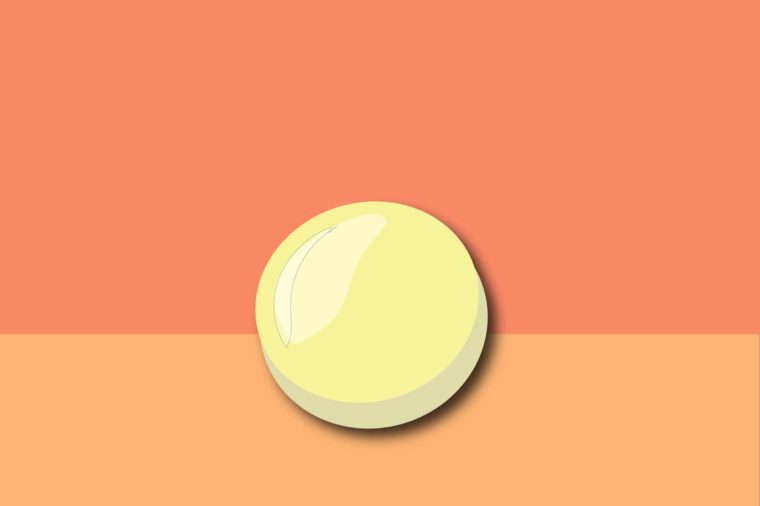
Vitamin B12
Vitamin B12 comes mostly from animal products, so vegetarians and vegans might be low, while other people—especially as they age—have trouble absorbing it. (Many omnivores are also low in B12.) Your brain requires B12 to function correctly, so a deficiency is one of the first things doctors look at for memory problems. If a blood test indicates you’re low, you’ll likely have a hard time getting your daily needs from food, so you’ll need to take either a B12 shot or at-home supplements to bring your levels back up. A normal level is between 200 and 900 picograms per milliliter, but “even if it’s 300, which is in the normal range, we recommend supplementation,” says neurologist Daniel Kaufer, MD, director of the University of North Carolina’s Memory Disorders program. “It’s not just about how much is enough, but having the optimal level as opposed to normal vs. abnormal.”
These everyday habits are easy to adopt and can help boost your memory.

Vitamin E
Vitamin E is an antioxidant, protecting your body from free radicals; these are unstable atoms that can wreak havoc on the cells in your brain and other vital organs. “Pathologically low levels can cause problems,” says Dr. Masurkar. In theory, it seems like getting more of those antioxidants would protect your brain from the damage contributing to memory loss, but the evidence suggests otherwise. One three-year study linked vitamin E-rich diets to slower cognitive decline, but supplements don’t seem to have the same effect. A more recent study involving more than 6,300 women 65 and up found that taking a 600 IU vitamin E supplement for almost 10 years failed to protect cognitive function.
Believe it or not, reading in this font could improve your memory.
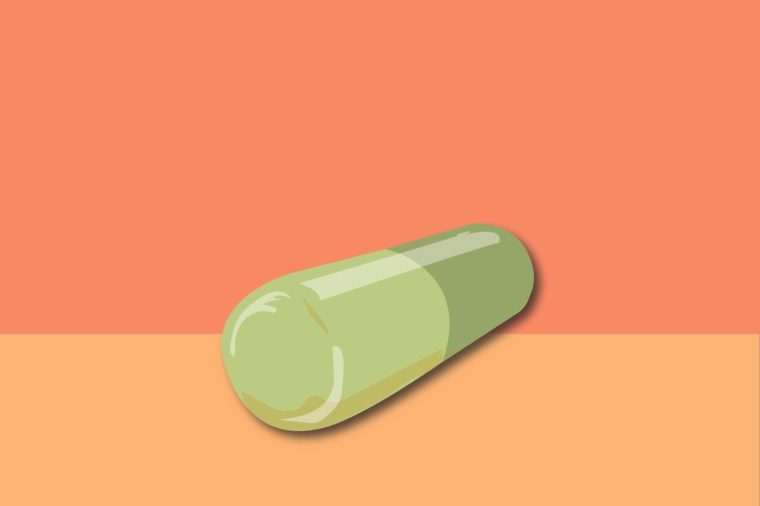
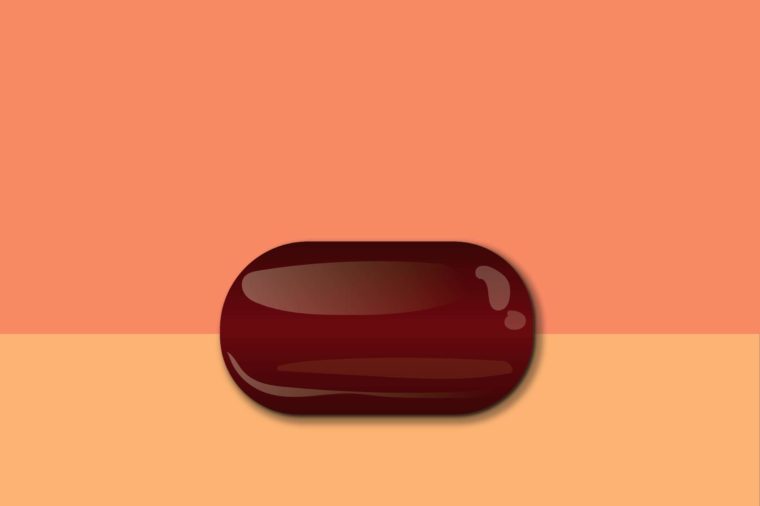
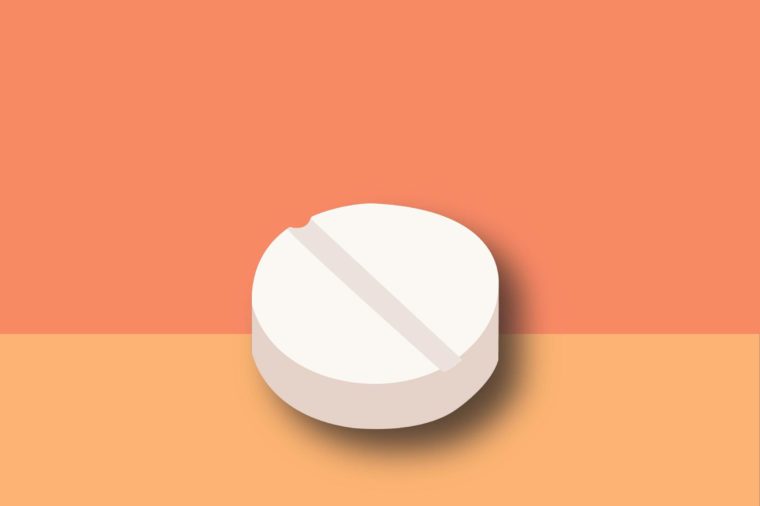
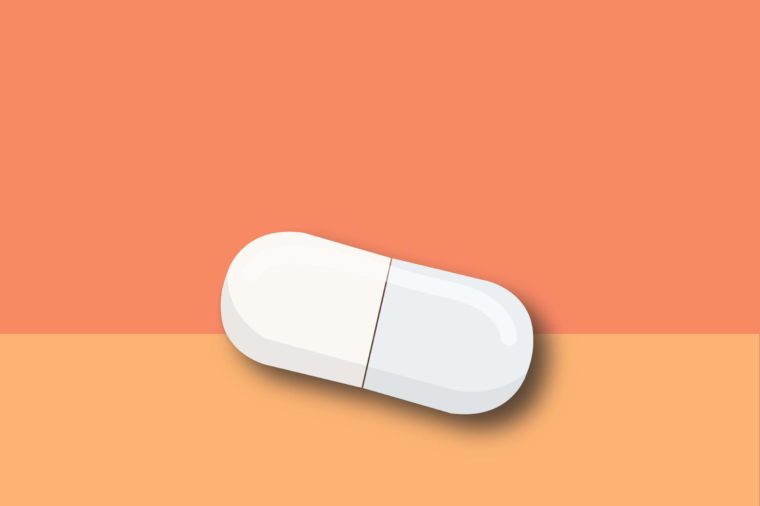
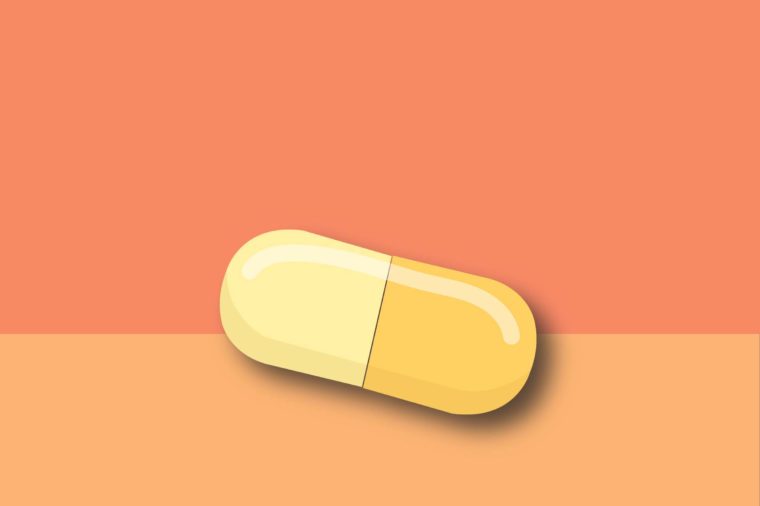

Click here to view full article